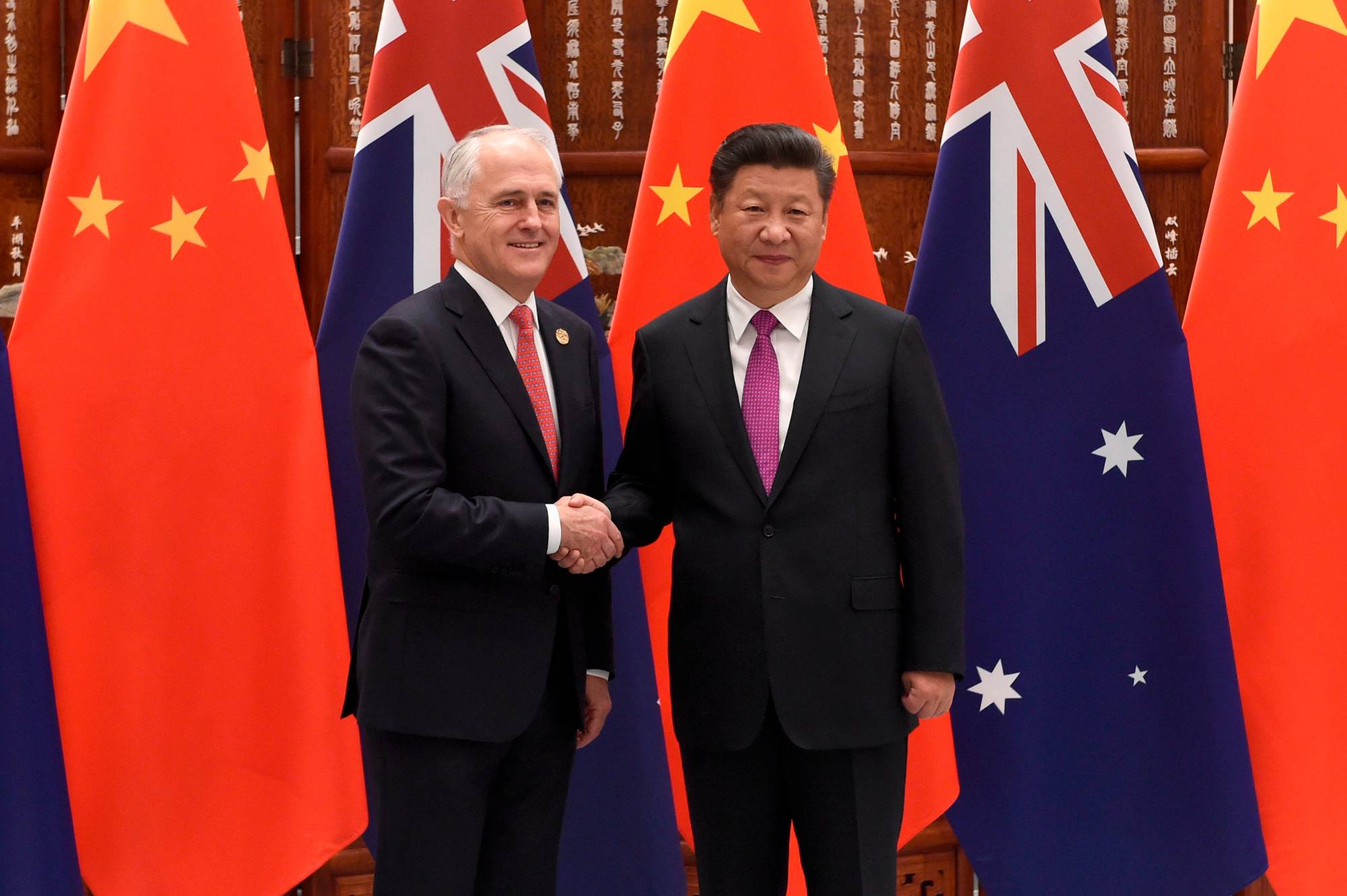In a major development, Australia has rejected China's offer to join hands in resisting U.S. tariffs and instead opted to diversify trade relations and lower reliance on China. This is a reflection of Australia's resolve to pursue its national interests and increase economic connections with other parts of the world.
-
Diplomatic Position: Deputy Prime Minister Richard Marles underscored that Australia will not side with China on international issues, instead seeking to deepen trade relationships with the European Union, Indonesia, India, the U.K., and the Middle East.
-
Trade Diversification: Australia seeks to increase its economic resilience by diversifying its trade base, lessening dependence on any one market, including China, which is still its biggest trading partner.
-
U.S. Tariff Trends: The U.S. has suspended tariffs on various nations while raising duties on China to 125%, escalating the trade war between the two leading economies.
-
Market Impact Globally: The constant trade tensions have led to instability in global markets, with the fear of potential economic consequences weighing on business investments and consumer expenditures in Australia.
This move reflects Australia's strategic method of balancing intricate global trade dynamics with its sovereignty and economic stability.
Source: Reuters, Economic Times, Sky News Australia

